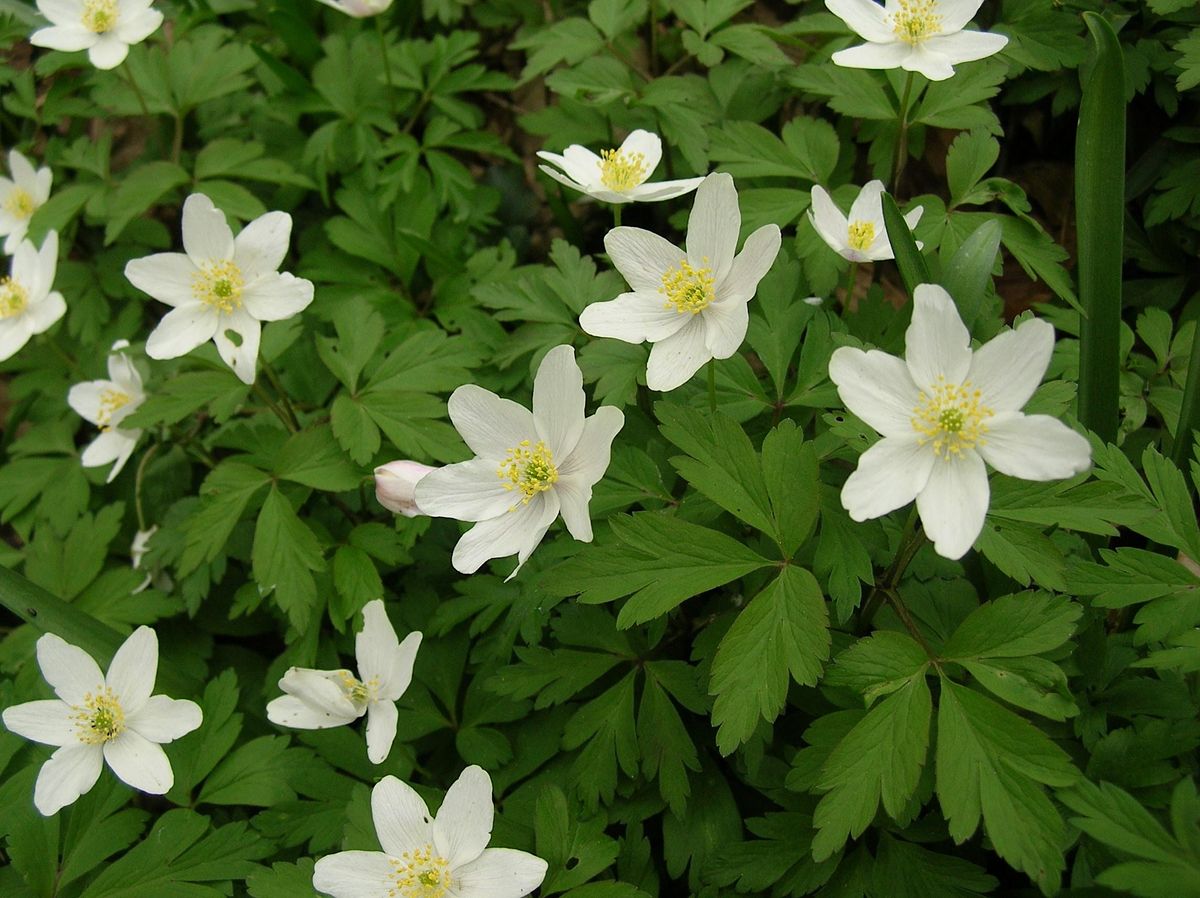
About this Event
This ten week course is aimed at beginners and improvers. Attendees will explore and examine the most common wild plant families (such as daisies and their relatives) found in South-East England. Attention will be given to helping attendees develop their observational skills and learn how to use a hand lens , the use of which is an important part of appreciating and understanding wild plants (Hand lens swill be provided for these sessions). We will also explore a range of identification skills and aids, including approaches to help demystify the use of identification keys in botany books. Other resources such as apps and websites will also feature.
Each week, attendees will be introduced to two or more plant families and will then be guided by the tutor in how examine plant specimens and learn how to identify them. Learning these skills will open up the wonderful and exciting world of plant life. Plants will no longer feel like green backdrops to your life but complex and dynamic organisms that enrich our world. Alongside identification skills, the tutor will guide attendees in linking the life of plants to the key narratives that impact our society (such as climate change, see video below).
A key emphasis of the course will be the intrinsic value and fascination of urban plant life. The specimens selected for examination will all represent wild plants found growing in the London area. Each week, shortly before or after lunch and weather permitting, there will be a short walk through the streets and parks surrounding the venue to study and enjoy London's plant life.
The tutor, Dr Mark Spencer, is a very experienced trainer and public speaker. He has been studying London's plant life for over 30 years and is currently leading a large scale project to document the wild plants of the London area. The video below outlines his work in this area. More information about the tutor can be found here: https://www.markspencerbotanist.com/
COURSE DATES AND OUTLINE - Each session will take place in two parts (morning and afternoon) with a short lunch break in between. Each weekly session is £40.00. The Exmouth Market Centre is in one of Islington's most attractive church halls, it is a friendly and well-equipped centre for running courses. The Hall is situated on Exmouth Market, one of London's most popular streets that is famous for it's diverse range of coffee shops and restaurants.
15th April 2023 - Spring bulbs - Bluebells (Asparagaceae), Wild Onions (Amaryllidaceae) and their relatives
27th May 2023 - Hawthorns, roses (Rosaceae), buttercups (Ranunculaceae) and poppies (Papaveraceae).
10th June 2023 - Plants with pods, the peas (Fabaceae) and four petals, the cabbages (Brassicaceae)
24th June 2023 - All things green (and lovely) - grasses (Poaceae), sedges (Cyperaceae) and rushes (Juncaceae).
14th July 2023 - The, usually, sweetly scented mint family (Lamiaceae) and the allied figworts (Scrophulariaceae) and speedwells (Plantaginaceae). [NOTE - this class was previously the 15th July].
29th July 2023 - The soft and gentle mallows (Malvaceae), the, sometimes, 'weedy' carnation family (Caryophyllaceae) and the quietly beautiful docks (Polygonaceae).
4th August 2023 - Bindweeds (Convolvulaceae) and banes, the deadly nightshade family (Solanceaeae). [NOTE - this class was previously the 5th August].
26th August 2023 - The K*ll or cure carrot family (Apiaceae), prickly teasels (Dipsacaceae) and their allies.
16th September 2023 - Small flowered pic-n-mix, goosefeet and fathens (Amaranthaceae) and spurges (Euphorbiaceae)
7th October 2023 - Tree families (& some fungi) - the oaks (Fagaceae), birches (Betulaceae) and other important street trees of London.
Course participants are encouraged to bring in 'mystery' plants for identification and discussion or even 'show-and-tell' if they'd like.
Event Venue & Nearby Stays
Exmouth Market Centre, 24 Exmouth Market, London, United Kingdom
GBP 35.00
